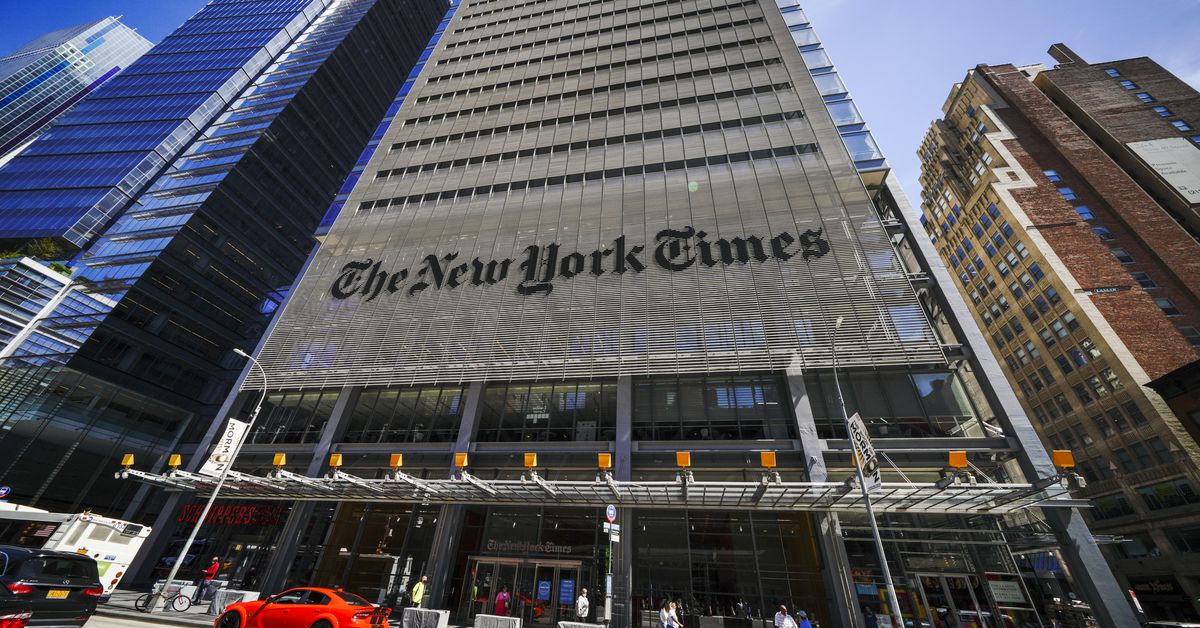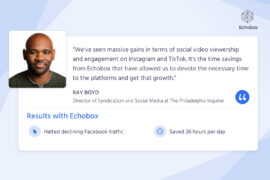There’s only one place to start this edition of The Roundup (obviously), but behind the goings-on at Twitter, it’s been a busy couple of weeks in the industry. Here are some of the stories that you may have missed.
News
It’s on. Couch-surfing space enthusiast and modern-day Croesus Elon Musk has had his takeover of Twitter approved after his $44bn hostile takeover of Twitter proved not so hostile. The board has unanimously decided to cash in the company’s chips.
Musk’s first act as putative owner of Twitter was to announce a raft of prospective changes including making its algorithms open source, clamping down on spam bots and authenticating all human accounts, all in service of “free speech”. Whatever happens (your guess is as good as mine), Musk’s sweeping vision for Twitter may well come up against the limits imposed by …

… the EU’s Digital Services Act, which has recently been agreed in outline after joint negotiations between the European Commission, the Council of the European Union and the European Parliament.
The DSA is designed to place greater responsibility for the content hosted by social media platforms on the shoulders of the platforms themselves, whilst compelling greater transparency into the inner workings of social media platforms. Notably, the act stipulates that in addition to submitting to independent audits annually, networks would be required to allow access to platform data and provide insight into their algorithms.
Analysis
What do Smell-O-Vision, the teasmade and Terence Trent D’Arby all have in common? They were all THE FUTURE™. Next up: the Metaverse, the ne plus ultra of user engagement, allowing audiences to experience content in ways previously unimagined.
Boosterism aside, some publishers – such as Echobox client South China Morning Post – are beginning to experiment with the technology to tell stories in a different way, as well as get a head start on their rivals. Perhaps it is the future, after all.
The demise of CNN+ less than a month after launch is one of the most spectacular fiascoes in recent media history. With around $300m already spent and a full slate of star names on the books, Discovery executives decided that the venture was a beaten docket from inception and pulled the plug.
Coupled with Netflix’s less than stellar subscriber growth (as Oliver Eklund points out, the headline figure of 200,000 subscribers lost is the result of withdrawing from the Russian market which accounted for 700,000 subscribers), it seems that even the largest corporations aren’t immune to the vagaries of the digital landscape.
Industry

In 2019, the Canadian government announced a plan to bolster the country’s news publishers by, among other things, giving those who purchased subscriptions up to $500 from “qualified” publications a tax credit worth 15%.
Innovative though it may be, the results haven’t proved impressive so far, with just 1% of those eligible taking up the offer. Rather than prompting an upsurge in new subscribers and interest from a wider base of people, analysis from Nieman Lab’s Sarah Scire suggests those savings are mainly accruing to those already willing to pay for news.
And speaking of diversifying subscribers …
They bought The Athletic, they bought Wordle, they’re doubling down on new marketing.
As Recode’s Peter Kafka highlights, new subscribers to the Times tend to be younger than the paper’s existing subscriber base, with new subs being twice as likely to be under the age of 40. And with accelerated subscriber growth in recent years helping the Times hit its target of 10 million paid subscriptions years ahead of schedule, that’s a lot of new, young readers. But will it be enough?







